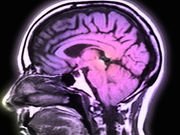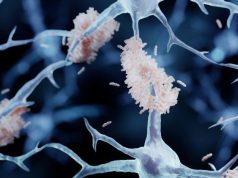Strong evidence therapeutic hypothermia effective in improving odds of recovering brain function
THURSDAY, May 11, 2017 (HealthDay News) — Therapeutic hypothermia should be utilized to minimize the risk of brain damage for cardiac arrest patients in a coma, according to a new guideline published online May 10 in Neurology.
The new guideline from the American Academy of Neurology was based on a review of studies conducted over the last 50 years. The guideline recommends that families of cardiac arrest patients ask if their loved one qualifies for body cooling.
The authors found strong evidence that cooling the body to 89.6 to 93.2 degrees Fahrenheit for 24 hours (therapeutic hypothermia) improves the chance of recovering brain function. Moderate evidence supported targeted temperature management — keeping the body at 96.8 degrees Fahrenheit for 24 hours followed by re-warming to 99.5 degrees Fahrenheit over eight hours.
“While there has been debate about which cooling protocol is best, our guideline found that both therapies have shown the same result,” guideline committee chair Romergryko Geocadin, M.D., of the Johns Hopkins University School of Medicine in Baltimore, said in a news release from the American Academy of Neurology. “Families may want to ask their doctor if their loved one qualifies for body cooling.”
Abstract
Full Text
Editorial (subscription or payment may be required)
Copyright © 2017 HealthDay. All rights reserved.








